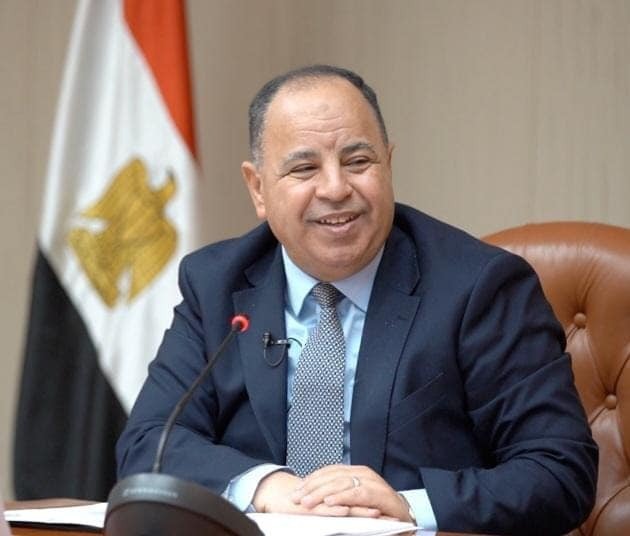Egyptian Minister of Finance Mohamed Maait reaffirmed the government's unwavering commitment to ensuring accessible finance to the private sector from international development partners. This initiative aims to provide the necessary liquidity to facilitate the flow of private investment in Egypt's development and economic activities. This is in line with efforts aimed at strengthening the private sector, promoting growth, creating productive employment opportunities, reducing fiscal burdens and improving the quality of services provided to citizens.
In a recent statement, the ministry highlighted its collaboration with the Central Unit for Public-Private Partnerships (PPP) to educate Egyptian private investors on taking advantage of low-cost financing opportunities offered by international organizations. The Ministry is also clarifying priority areas and projects within international financing programs, while strengthening the ability of private companies to take advantage of financing opportunities available from multilateral development banks.
The Ministry of Finance, in collaboration with the Multilateral Cooperation Center for Development Finance (MCDF) of the Asian Infrastructure Investment Bank (AIIB) and the Egyptian Contractors Federation, organized the workshop, which brought together more than 120 contracting companies, federation members and international organizations. Representatives participated. development bank. These institutions include the AIIB, the African Development Bank (AFDB), the World Bank (WB), the International Finance Corporation (IFC), the Islamic Development Bank (ISDB), the European Investment Bank (EIB), the European Recovery Bank, and the European Recovery Bank. (EIB) included. the Ministry of Development (EBRD), and the French Development Agency (AFD). The workshop aimed to provide Egyptian contractors and private companies with the necessary knowledge to secure financing from international banks and institutions, including project financing systems, bidding mechanisms, and contracting processes. .
Attar Hanoula, Head of the Ministry of Finance's PPP Central Unit, said representatives from international financial institutions operating in Egypt, the Arab region and Africa briefed targeted contractors and private companies on procurement and contracting procedures. He emphasized that he did. They outlined the bidding process, preparation of bidding documents, rights of bidders and successful participation in projects financed by the Egyptian Development Bank. In addition, he guided the development of a comprehensive application for long-term financing from a development bank, including green financing options.
Mr. Hanoula emphasized the government's goal to expand the role of the Egyptian private sector in the delivery of services and PPP projects both domestically and internationally. International organizations fund projects not only in Egypt but also in countries such as Libya, Chad, Uganda, Sudan, Yemen, Saudi Arabia, Jordan, and Syria. Egyptian companies can participate in globally tendered projects in accordance with prevailing international regulations.
Regarding the funding approach, Hanoura explained that the project could be directed to the government, which would process the bids in accordance with the regulations of donor organizations. Alternatively, international organizations may deliver projects based on his PPP model. He clarified the differences between these approaches.
In the PPP model, the investor or bidder is responsible for financing, designing, constructing, equipping, operating, and maintaining the project, which ultimately reverts to administrative authority. Some contracting companies receive a lump sum upon project completion, which requires short-term financing or financing. This workshop provided insight into calculating bids for funding.
AIIB held a successful workshop in China last year, attended by hundreds of contractors and representatives from consultancy companies. This covered tendering and contracting rules relating to supplies of goods, construction works, non-consultant services, major infrastructure projects (EPCs), consultancy services and his PPP contracts. Participants learned how to obtain loans from multilateral development banks.
In view of the ongoing infrastructure and public service projects in Egypt, many of which are funded by international organizations such as AIIB, AFDB, WB, IFC, ISDB, EIB, EBRD, AFD, Egypt We requested that the workshop be repeated in Cairo during this period. meeting. The invitation was well received and highlighted the importance of educating contractors, suppliers, law firms, consultancies and financial research firms about the mechanisms, systems and rules for bidding and contracting with international financial institutions and multilateral development banks. Emphasized gender. project finance model.


